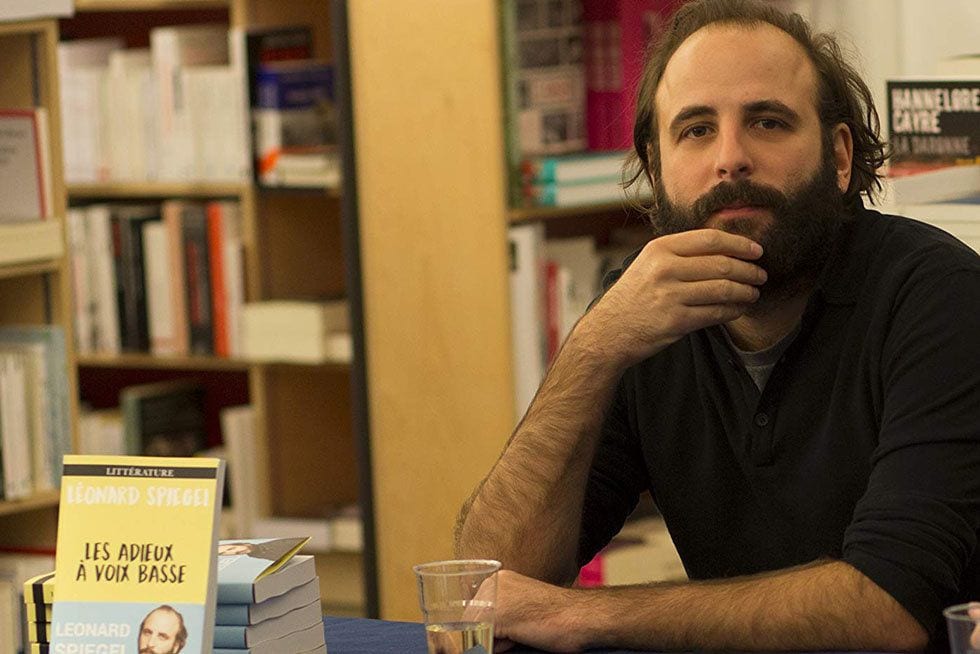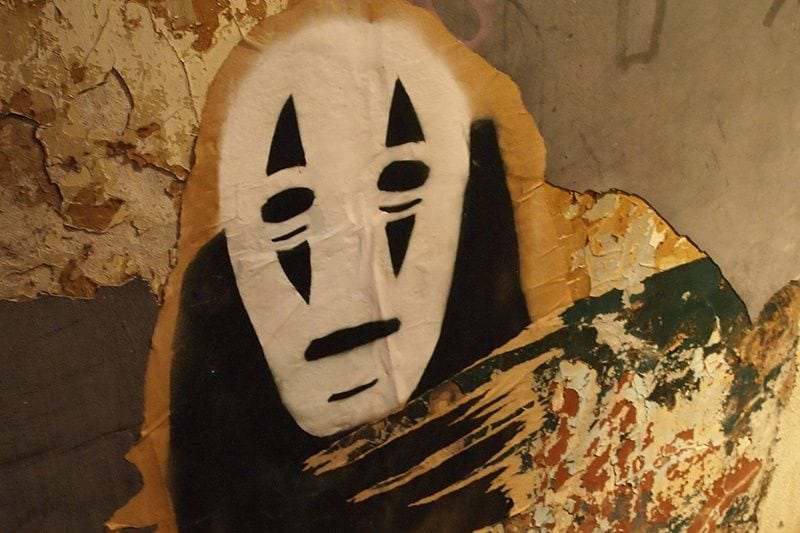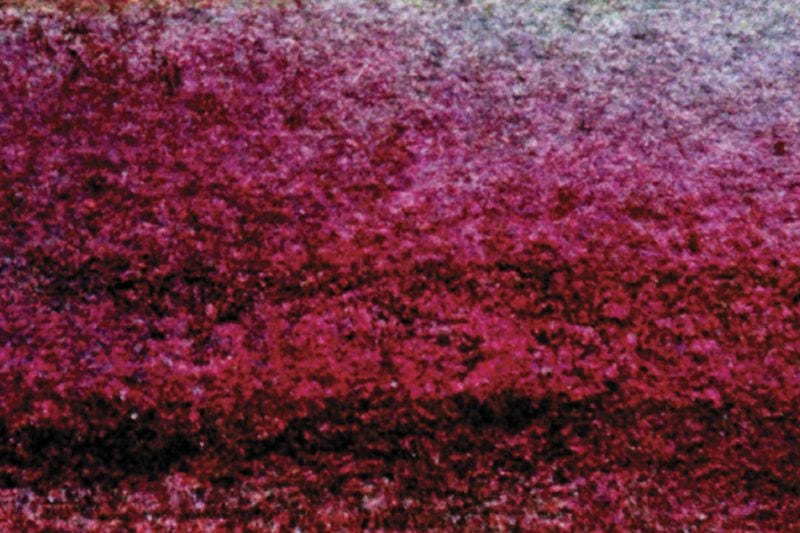
‘A Living’ and the Affirmation Work
Michael D. Stein’s A Living: Working-Class Americans Talk to Their Doctor affirms the dignity of work while refusing to reduce workers to transactions.

Michael D. Stein’s A Living: Working-Class Americans Talk to Their Doctor affirms the dignity of work while refusing to reduce workers to transactions.

PopMatters Best Books of 2024 include a broad range of nonfiction, many books on music, short fiction, a novel that turns a Mark Twain classic inside out, and much more.

Madness is a scathing indictment of how Black Americans are disproportionately affected by mental health stigmas, inadequate care, and systemic neglect.

Suketu Mehta offers a powerful, angry, and brilliant defense of immigrant rights in This Land Is Our Land: An Immigrant’s Manifesto.

In Olivier Assayas' speedy, slightly wan dispatch from salon society, Non-Fiction (Doubles vie), Parisians have badly concealed affairs and argue loudly but inconclusively about books and society.

Let's pretend for a moment that Bret Easton Ellis is capable of such a staggering feat of truth-telling, and read White as if it is indeed a work of nonfiction.

By satirizing the French literary intelligentsia, Assayas' Non-Fiction (Doubles vie) chronicles the hypocrisies of the modern psyche without attaching itself to any particular worldview.

Richard Parry investigates what happened at Okawa Elementary following the 2011 earthquake, and what broader lessons the tragedy teaches us.

Imaginative listening while reading, as Leighton demonstrates so masterfully, is not only a form of cognition but also a physical experience as we read or write literary texts.

Yanis Varoufakis treats with disdain the idea that economics is a real science – it's more like a contemporary form of religion, propped up by ruling elites to make gullible everyday people remain subservient and go along with the elites' bad and self-serving ideas, he says.

Letter-writing allowed Rainer Maria Rilke to turn intimate one-on-one communication into a carefully-crafted artifact in its own right that transcended time itself.

A Spy In The House of Loud works best on quiet stages, taking singular trips down clearly paved roads with definite endings.